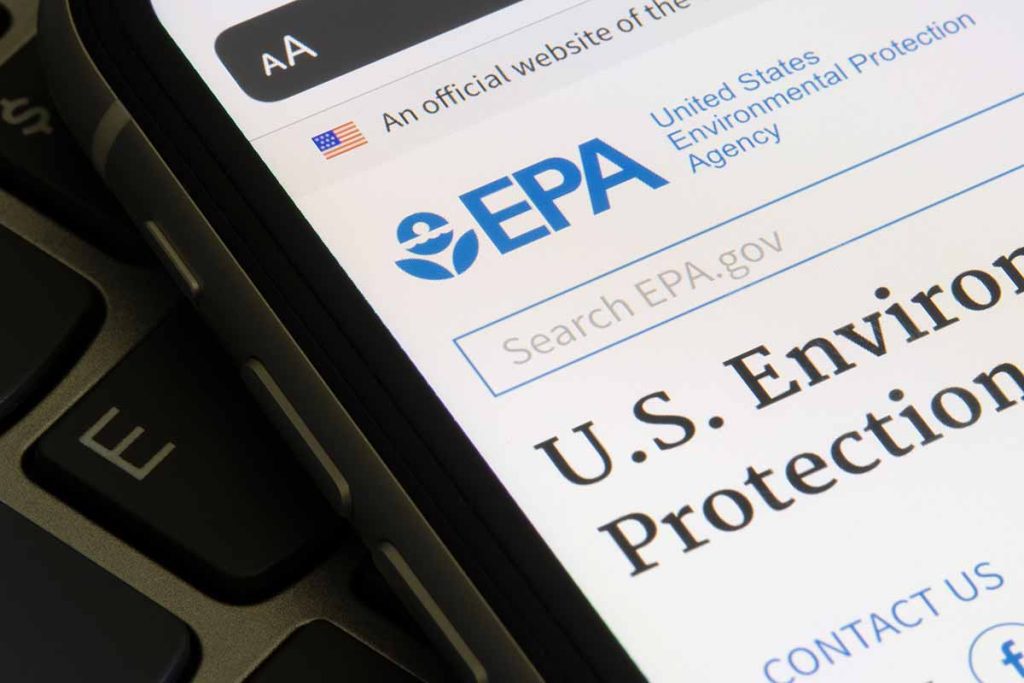
A total of $1.17 million for recycling companies came as part of a larger $3.2 million round of funding in the latest installment of Small Business Innovation Research (SBIR) grants. | Tada Images/Shutterstock
An AI-powered robotic sortation system, a glass-to-cement company and a zero waste software maker all received small business grants from the U.S. EPA.
The grants, which totalled $1.17 million for recycling companies, were part of a larger $3.2 million round of funding to eight companies in the latest installment of Small Business Innovation Research (SBIR) grants.
CleanRobotics received $370,000 to continue developing TrashBot, its AI-powered robotics system for sorting recyclables and auditing recycling, landfills and compost.
“Our system has the unique capability of ensuring proper waste sorting of up to four waste streams with the added cost reduction of eliminating user intervention,” the company’s EPA page stated. “Discarding waste becomes an educational experience as the TrashBot monitor provides relevant information to the user.”
Each unit can be customized, and the Phase 1 TrashBot project improved recycling efficiency by 300% on a hospital campus.
KLAW Industries received $400,000 to further develop its process for recycling post-consumer glass into a cement alternative that boasts a 25% lower cost, is 97% less carbon-intensive and is 33% stronger than traditional cement, the company noted.
“This project will create a market-ready supplementary cementitious material (SCM) derived from the 7.55 million tons of waste glass we send to landfills across the U.S. each year,” KLAW Industries stated. “This new material will replace cement and solve concrete producers’ needs.”
Zero-waste software company Zabble also received $400,000 to improve its product, which targets the healthcare industry, universities and corporate campuses.
The average hospital patient in the U.S. generates about 30 pounds of waste per day, and there are 6,200 hospitals across the U.S., Zabble noted. The company is looking to divert some of those 5.9 million annual tons of hospital material.
“There is an urgent need for new types of measurements and tracking tools that provide granular insights to optimize processes and educate stakeholders,” the company stated. “Zabble has developed a patented SaaS platform that uses AI to identify a bin’s fullness and contaminants from photos, recommends container right-sizing options by digitizing and analyzing invoices and engages stakeholders by creating feedback loops to streamline workflows and send less waste to landfills.”
This round of SBIR funding also included a $400,000 grant to Ohio Lumex Company, which is developing a sorbent trap method for continuous air emissions monitoring of hazardous metals.
That technology could prove useful for metals smelters/refineries, glass bottle plants and other recycling facilities.
Past recipients of SBIR funding include recyclables sorting technology company AMP Robotics, battery recycling startup Nth Cycle and scrap plastics tracking company Kamilo.
More stories about industry groups
- Analysis: Recycling needs more voices in the room
- Colorado approval signals path forward for PRO choice
- Triple-digit revenue gains propel ABTC’s expansion